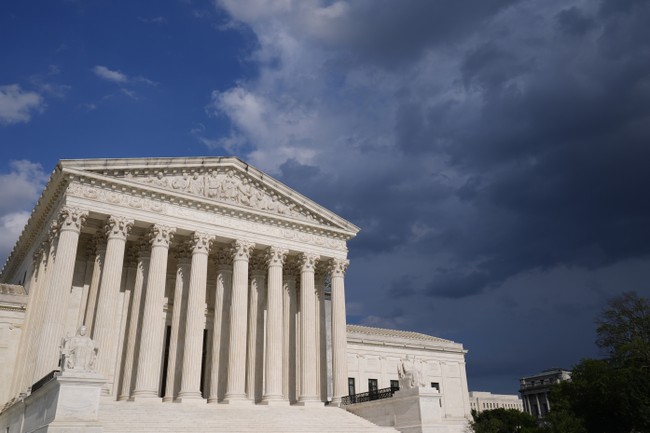
The Supreme Court handed down some pretty significant rulings on Thursday, with the Ames v. Ohio Department of Youth Services case being one of them.
An Ohio woman who alleged “reverse discrimination” and claimed she was denied a job promotion because she was not gay won a unanimous ruling in her favor from the court. The nation’s highest court allowed her to proceed with her lawsuit in lower courts after a federal district court dismissed her case using criteria that the SCOTUS invalidated with its decision:
In a decision on Thursday, the Supreme Court supported a heterosexual woman’s contention that she experienced prejudice in the workplace when she was passed over for job opportunities given to her gay coworkers.
The decision will make it easier for members of groups that historically have not faced discrimination to prove bias claims.
The justices unanimously overturned a rule employed in almost half of the federal circuits across the country. This rule mandated that individuals who are White, male, or heterosexual had to meet a higher threshold to demonstrate workplace discrimination in specific situations compared to members of minority groups who historically faced bias.
Justice Ketanji Brown Jackson, who wrote the opinion for the court, agreed with Marlean Ames, who argued that it was unconstitutional to have different standards for different groups of people.
Ames is unanimous: “the standard for proving disparate treatment under Title VII does not vary based on whether or not the plaintiff is a member of a majority group.” Rejects higher standard for ‘reverse’ discrimination vs heterosexuals.
— Dan McLaughlin (@baseballcrank) June 5, 2025
🚨UNANIMOUS
The Supreme Court unanimously upheld the rights of a straight woman who claimed she was discriminated against in the workplace.
Ames v. Ohio sets an important precedent, and Ketanji Brown Jackson‼️ delivered the unanimous opinion of the court… pic.twitter.com/zzlYK1F7qh
— Tyler O’Neil (@Tyler2ONeil) June 5, 2025

















